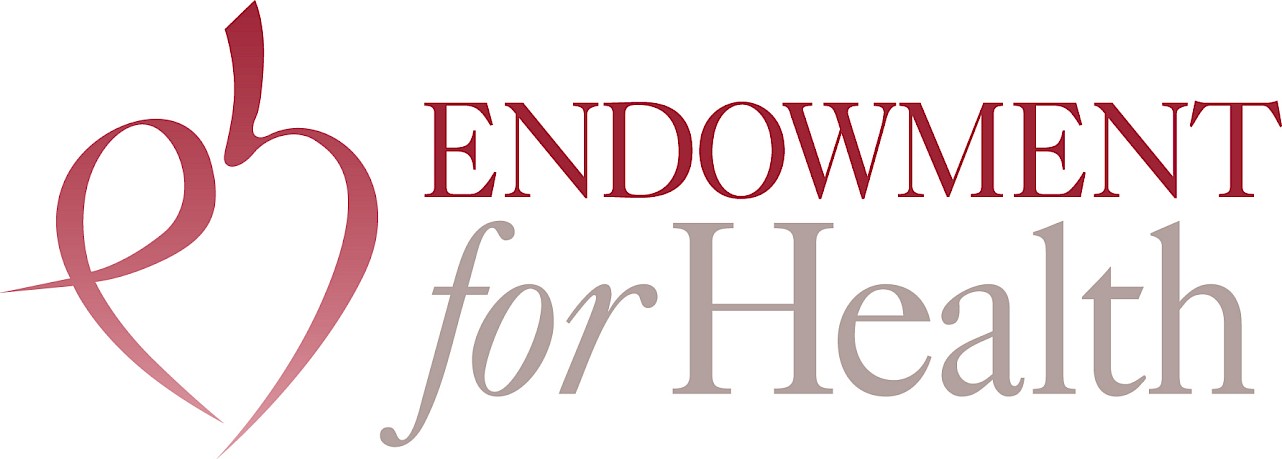Family resource centers provide comprehensive services to parents and their children, from pregnancy through age 18. In most cases, services include parenting classes, parent-child groups, early learning centers, play groups, assistance with tax preparation, information and referral, after school assistance and other programs to meet specific community needs. Family resource centers are open to all families and can be especially supportive of families struggling with challenging issues, limited financial resources and/or troubled family dynamics.
List of Family Resource Centers provided by New Hampshire Children's Trust
